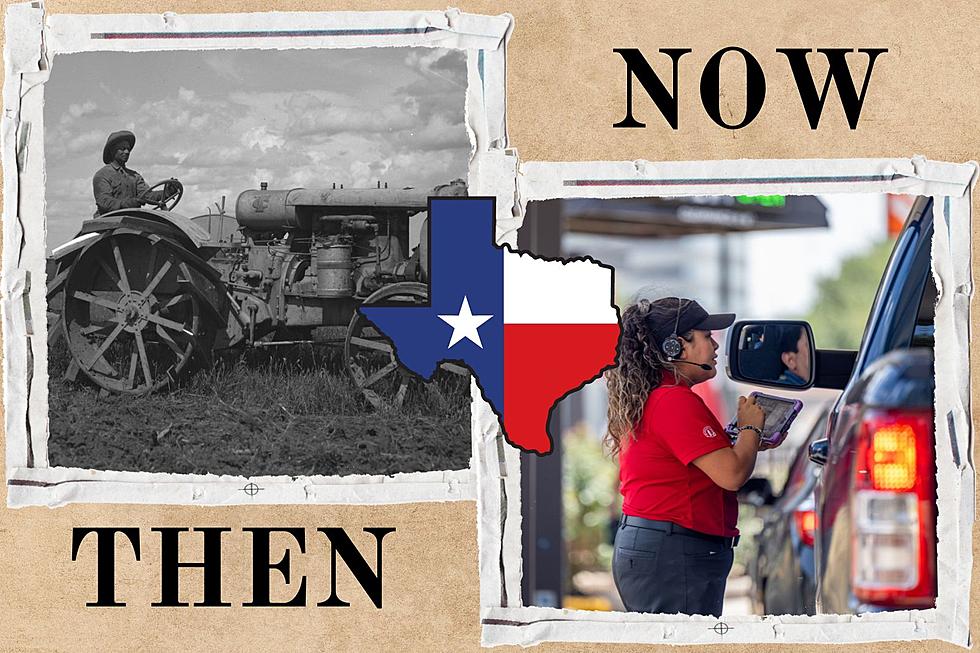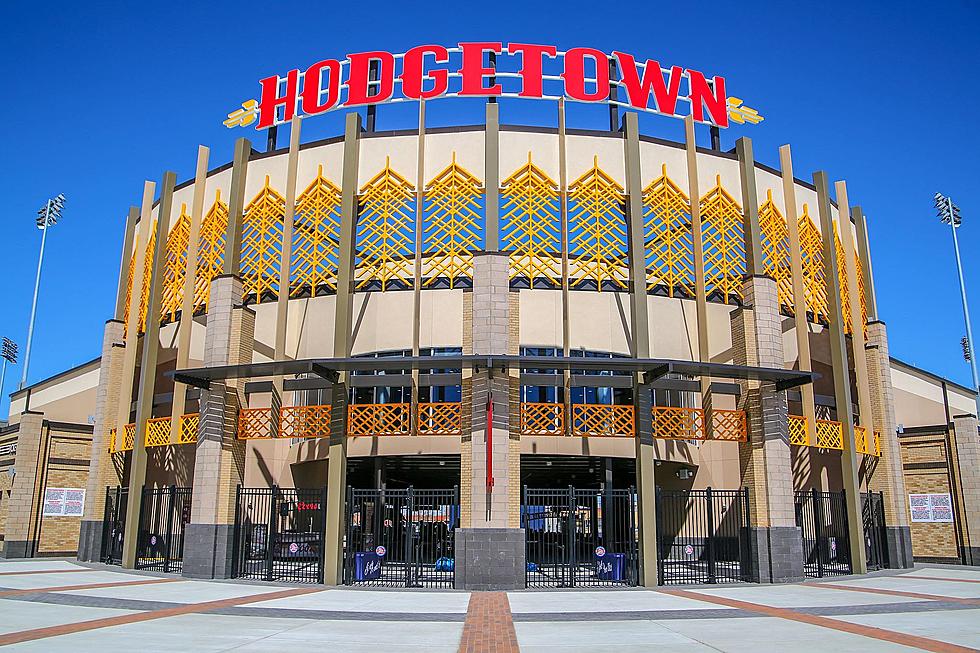
What Questions Should You Ask During a Job Interview?
Any recruiter or career coach will tell you that it is always a good idea to ask questions when you’re being interviewed for a job. But which questions?
You need to be as prepared for this part of the interview as you are for the first part, when you’re answering the questions. Have a few in mind already, and then be ready to finesse them or formulate new ones based on what you learn early on in the interview.
Ask intelligent questions that go beyond the nuts-and-bolts kind of information you get with “What are the main responsibilities of the job?” and “When would I start if you made me an offer?” You need to take advantage of your opportunity to determine if the job and company is a good fit for you. Remember, the interviewer is doing the exact same thing.
1. Job Fit
To help you decide if the job you are interviewing for is actually a job you would be capable of handling, enjoy doing and excel at, you need focus on the job fit. This means you should ask something like, “How would you describe an average day for the person who does this job?” Other questions that can help you determine job fit:
- “If you were interviewing the perfect candidate, how would you know? What traits and experience would he or she have?”
- “How was this job done in the past and what would you like to see done differently?”
- “What qualities do I need to have to excel in this position?”
- “If I were offered this position, what challenges would I face over the next three months?”
2. Culture Fit
Even if you think the actual job is perfect for you, you still need to be sure you fit in at the company before you consider accepting an offer. To be happy there, you need to be comfortable with the management style of your superiors and the general atmosphere of the organization. Most hiring managers and management employees understand this and will respect questions like:
- “How would you describe your management style (or that of the position’s direct supervisor)?”
- “How would you describe the spirit and culture of the company?”
- "What do you like and dislike about working here?"
- “Are there employee awards? If so, how are the recipients determined?”
Or, if you’re interviewing with the person who would supervise you, “What is your ideal communication style with your staff?”
3. Future
A candidate who is concerned with his future is bound to look like a smart businessperson, so you need to ask questions about what the job and company will be like down the road. Consider asking:
- “Are there opportunities for advancement and what is that process like?”
- “What are my prospects for growth in the position and the company as a whole?”
- “What are the strategic goals of the company?”
- “Where do you see the organization in five years?”
If your research has shown that the industry is struggling, delicately ask how the company is surviving by saying, “A lot of other organizations in the industry are downsizing and laying people off. How is this company able to maintain its staff and even hire new employees?” You’ll probably already have an idea of the answer, but hearing how someone inside the company has been told about their position in the market will give you a good idea of what’s really going on there.
4. Community
Asking about a company’s community involvement will give you a good idea of the culture there and what new opportunities may await you. It will also show that you aren’t worried only about yourself. If you have a chance, ask something like:
- “How is the company involved in the local community?”
- “What opportunities are available for staff to become involved in the community?”
- “Does the company have any favorite charities or events?”
Community involvement is enriching for an organization on many levels, and this question demonstrates your awareness and that you think beyond the desk in front of your face.
5. Follow-Up
The follow-up to the interview is fairly standard stuff, but it’s very important so it needs to be mentioned here and asked in your interview. If you only have time for a few questions, make sure you get in:
- “When should I expect to hear something from you?”
- “Will I hear something either way?”
- “What are the next steps in this process? When do you think you’ll be making a decision?”
Finding out how long they think it will be before they’ve finished the selection process will help guide your follow-up strategy and will show that you aren’t the kind of candidate who will just sit at home by the phone. A proactive person will continue to network and interview and needs to know the timeline so she can plan accordingly.
More From 101.9 The Bull









